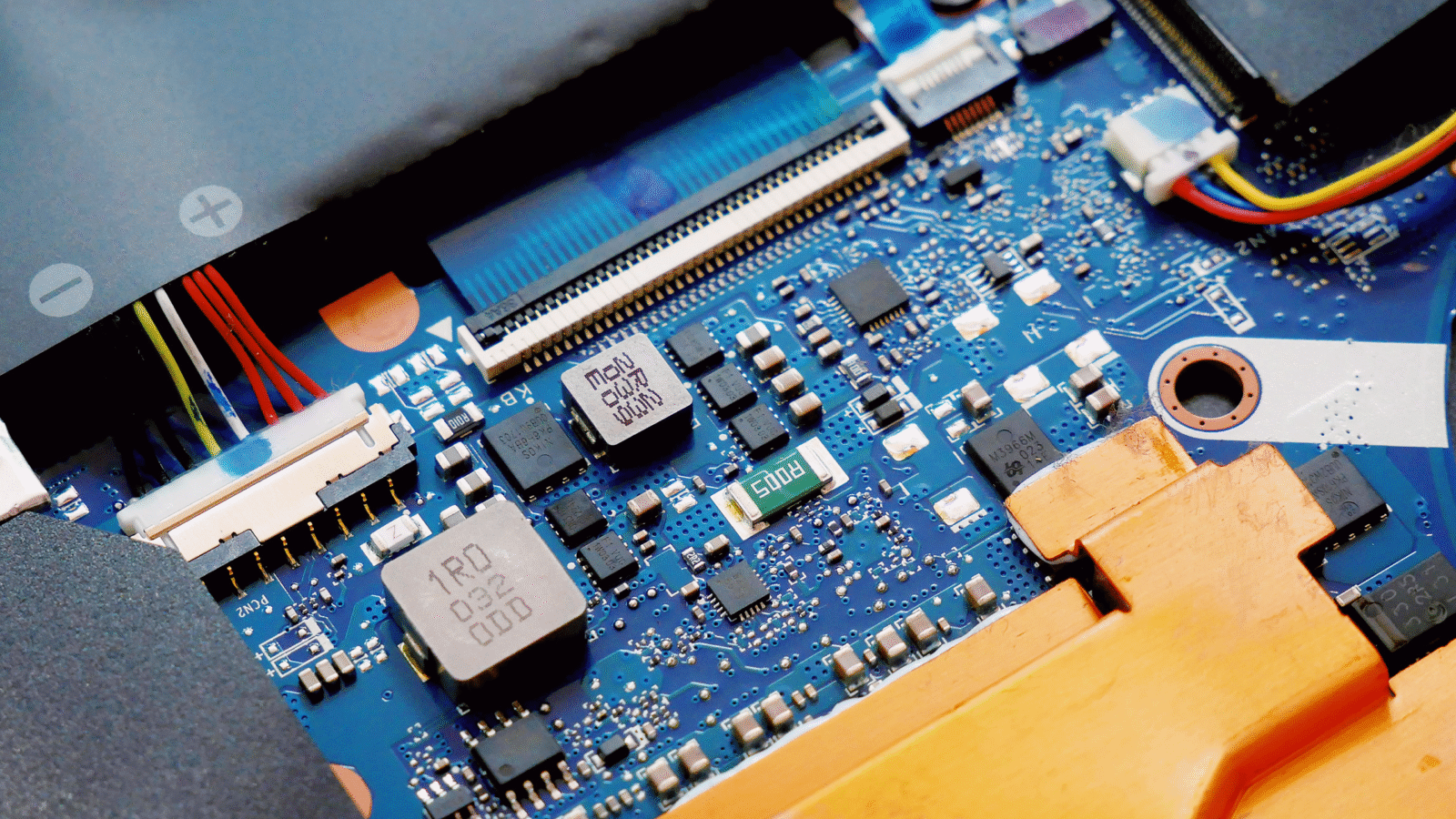
Sign up for smart news, insights, and analysis on the biggest financial stories of the day.
Forget college essays. Artificial intelligence has much bigger fish to fry.
Biotech firm Insilico Medicine said Monday that it entered an “AI-discovered-and-designed” drug into Phase 2 clinical trials involving human subjects, a first for the industry. The robots: they may not be so bad after all.
(Artificially) Intelligent Design
AI optimists have long pointed to advances in drug development as a reason for bullishness, and it’s easy to understand why: The sheer data-crunching and protein-identifying prowess of such systems could potentially cut development time in half, and development prices by even more, proponents often claim. In plain English: AI can complete complex math problems far faster than human scientists ever could. Thus, AI and ML tools could help develop 50 new drugs worth potentially $50 billion over the next decade, according to a Morgan Stanley report.
Now, Insilico Medicine, a startup backed by major private equity firm Warburg Pincus and Chinese conglomerate Fosun Group, is turning that optimism into reality by using machine-learning tools to develop INS018_055, a novel treatment for chronic lung disease idiopathic pulmonary fibrosis. “For Insilico, [the clinical trial] is the moment of truth,” founder and CEO Alex Zhavoronkov told the Financial Times, adding ”but it is also a true test for AI and the entire industry should be watching.”
The entire industry has already bet big on AI startups like Insilico:
- Investment in AI-led drug discovery hit roughly $25 billion in 2022, according to research firm Deep Pharma Intelligence, roughly triple what it was four years earlier. That contrasts with a nearly 37% year-over-year decline in VC investment in US and Europe biotech firms in 2022, according to EY.
- “Every major pharma company has invested in partnerships with at least one, if not multiple, AI companies,” Eric Topol, Scripps Research Translational Institute founder and director, told the FT.
Second Opinion: As always with AI stories, there’s plenty of reason to not buy the hype. Just last week, London-based startup Benevolent AI laid off 180 employees, or nearly half its staff, after its lead drug candidate flopped in a trial of its own. As many a college student has certainly already learned, just because you’re using AI, doesn’t mean you’re guaranteed an A+.











